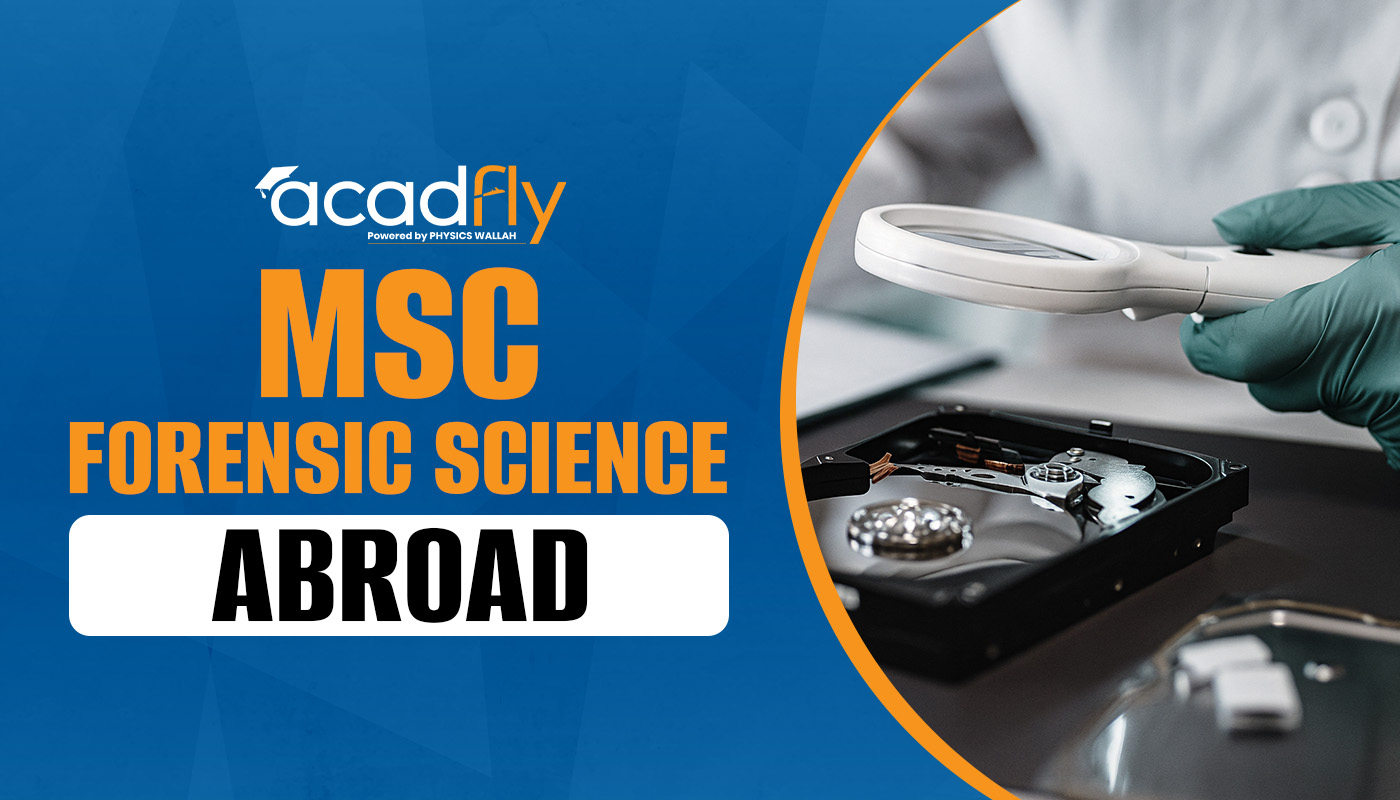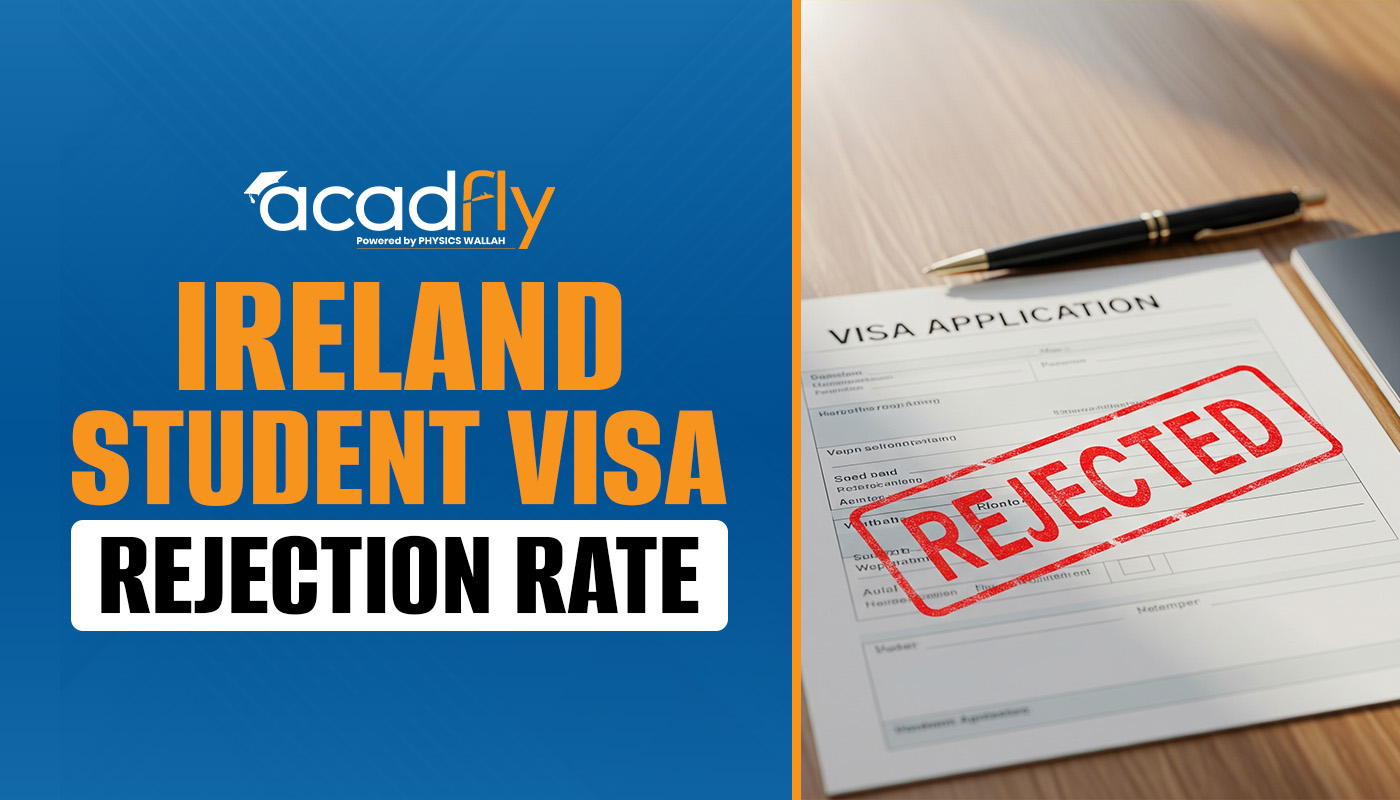
The dream of becoming a licensed doctor is a long and challenging journey, and for many, this path extends beyond their home country. Applying for medical residency abroad has become a popular choice for international medical graduates (IMGs) who want to enhance their skills and gain global experience. The process of applying for medical residency abroad, however, can be daunting due to the varying residency requirements for international graduates across different countries. This comprehensive guide will walk you through each step of applying for residency programs overseas and highlight the factors to consider to ensure a successful application.
Understanding the Medical Residency Abroad Process
Applying for residency programs abroad involves much more than applying. It’s a detailed and multi-faceted process that requires careful planning and preparation. The medical residency abroad process generally includes several stages, such as ensuring eligibility, preparing for exams, gathering documentation, and applying to specific programs. Each country has different residency placement systems, and some are more competitive than others, depending on the specialization and location.
Common Residency Program Requirements Across Countries
Before applying for residency programs abroad, it is beneficial to have an overview of the general requirements in different countries. The table below summarizes some of the key residency requirements for popular destinations among international medical graduates.
|
Country |
Licensing Exam(s) |
Language Proficiency Test |
Visa Requirement |
Certification Agency |
|
United States |
USMLE Steps 1, 2 CK, 2 CS, and Step 3 |
TOEFL or IELTS (for non-native speakers) |
Yes |
Educational Commission for Foreign Medical Graduates (ECFMG) |
|
United Kingdom |
PLAB or MRCP (for postgraduate) |
IELTS |
Yes |
General Medical Council (GMC) |
|
Canada |
MCCQE Part I & II |
IELTS or TOEFL |
Yes |
Medical Council of Canada (MCC) |
|
Australia |
AMC Clinical Exam |
IELTS |
Yes |
Australian Medical Council (AMC) |
This table provides an overview of essential criteria to consider before applying to a residency program abroad. Each country has its specific rules, but the general process includes passing licensing exams, demonstrating language proficiency, and securing appropriate visas.
The Role of Residency Programs
Medical residency programs serve as the bridge between medical school education and becoming a fully licensed physician. Residency programs offer hands-on clinical training, where graduates can apply their theoretical knowledge in real-world scenarios. These programs are typically hospital-based and supervised by experienced physicians. For international graduates, gaining a residency abroad not only enhances clinical skills but also provides exposure to diverse healthcare systems and practices.
Why Consider International Medical Residency Applications?
There are numerous reasons why a medical graduate might want to apply for a residency program abroad. For some, the opportunity to practice medicine in a different country offers broader career options, especially if the healthcare system is more advanced. Others may pursue residency abroad to specialize in a field not available in their home country or to improve their chances of residency placement after completing their MBBS. However, it's important to note that the process for applying for residency overseas is complex and requires adhering to country-specific requirements.
Residency Requirements for International Graduates
Different countries have unique residency requirements for international graduates, and understanding these is crucial before starting the application process. Medical graduates must ensure that their qualifications are recognized in the country where they wish to apply. Some of the most popular destinations for residency placements include the United States, Canada, the United Kingdom, and Australia.
Educational Credentials and Equivalency
Before applying for a residency program abroad, international medical graduates must verify their educational credentials. Many countries require IMGs to obtain certification from their medical boards to demonstrate that their education is equivalent to that of local graduates. For example, in the United States, applicants must obtain certification from the Educational Commission for Foreign Medical Graduates (ECFMG) before being eligible to apply for residency programs.
Licensing Exams and Language Proficiency Tests
Medical residency abroad often requires passing specific licensing exams. For example, the United States Medical Licensing Examination (USMLE) is a common requirement for applying to residency programs in the U.S., while the Professional and Linguistic Assessments Board (PLAB) test is required for the UK. Apart from these medical exams, many countries also mandate English language proficiency tests such as IELTS or TOEFL for non-native speakers.
Visa and Work Authorization
One of the major hurdles for international medical graduates is securing a visa and work authorization. The visa application process varies by country, and not all countries offer straightforward pathways for IMGs to work or train. It’s important to research visa options thoroughly and apply early to avoid delays.
Steps to Apply for Residency Programs Overseas
Applying for residency programs overseas is a structured process that requires meticulous attention to detail. The steps involved can be long and demanding, but a clear understanding of the process helps immensely.
Researching the Right Residency Programs
The first step in applying for medical residency abroad is identifying the programs that align with your career goals and qualifications. Each country has its residency programs that focus on various specialties, such as surgery, internal medicine, pediatrics, and others. Researching these programs thoroughly is crucial, as each one has unique entry requirements, acceptance rates, and timelines.
Preparing for Licensing Exams
For most countries, passing the relevant licensing exams is a prerequisite for applying to residency programs. The United States requires foreign graduates to take the USMLE, which has three steps. Similarly, for Canada, the Medical Council of Canada Qualifying Examination (MCCQE) is essential. It is important to start preparing for these exams early, as they require a deep understanding of medical knowledge, clinical skills, and problem-solving.
Document Preparation
Document preparation is one of the most critical parts of the medical residency abroad process. Applicants must ensure that all required documents are properly organized, notarized (if necessary), and submitted within the given deadlines. Essential documents usually include:
-
Medical school transcripts
-
Certification of equivalency
-
Exam results (e.g., USMLE, PLAB)
-
Letters of recommendation from mentors or professors
-
Personal statement or motivation letter
-
Curriculum Vitae (CV)
For international medical graduates, additional documentation may be required depending on the country, such as proof of residency or citizenship status, language proficiency certificates, and visa documentation.
Applying to the Residency Programs
Once all the documentation is in place, the next step is to submit applications to the residency programs of your choice. Many countries have centralized application systems, such as the Electronic Residency Application Service (ERAS) in the United States or the Canadian Resident Matching Service (CaRMS) in Canada. These systems allow applicants to apply to multiple programs with a single application. It’s essential to submit applications well before deadlines to avoid any last-minute issues.
The Residency Match Process
In many countries, residency programs participate in a matching system, where applicants are matched to programs based on their qualifications, preferences, and the program’s criteria. The United States uses the National Resident Matching Program (NRMP), while Canada has a similar system with CaRMS. The matching process can be competitive, and international graduates are often required to stand out through exceptional exam results, strong recommendations, and well-written personal statements.
Residency Placement for MBBS Graduates
Residency placement for MBBS graduates abroad can be highly competitive. Many countries prioritize their graduates, making it essential for international applicants to excel in all areas of the application. Despite this, many international graduates successfully secure placements by showcasing their skills, experience, and dedication.
Standing Out as an International Applicant
To increase your chances of residency placement, it is vital to highlight any unique experiences or skills that set you apart from other applicants. Clinical electives, internships, or research experience in the country you are applying to can significantly strengthen your application. Having publications, attending medical conferences, or participating in community service also demonstrates a commitment to the medical field.
Importance of Interviews in Residency Selection
For many residency programs, the interview process is a crucial factor in selecting candidates. For international graduates, the interview serves as an opportunity to demonstrate communication skills, professionalism, and cultural adaptability. It’s essential to prepare thoroughly for interviews, researching potential questions, practicing your answers, and showcasing your passion for the field.
Navigating the Challenges of Residency Placement
While applying for residency programs abroad presents numerous opportunities, it also comes with challenges. International graduates may face difficulties in obtaining work permits, adjusting to new healthcare systems, or navigating cultural differences. However, with determination, the right support system, and thorough preparation, these challenges can be overcome.
Conclusion
Applying for medical residency abroad is a complex, multi-step process that requires international medical graduates to meet a variety of country-specific requirements. From researching the right programs to passing licensing exams, preparing documentation, and navigating the residency match process, applicants need to be prepared for both challenges and opportunities. However, with diligent preparation, international graduates can secure rewarding residency placements, gain valuable experience, and enhance their medical careers.
Frequently Asked Questions
1. What are the main exams required for applying to medical residency abroad?
2. How can international graduates improve their chances of securing a residency abroad?
3. Do residency programs abroad require language proficiency exams?
4. How competitive is the residency application process for international graduates?
5. What visa requirements exist for residency placements abroad?










